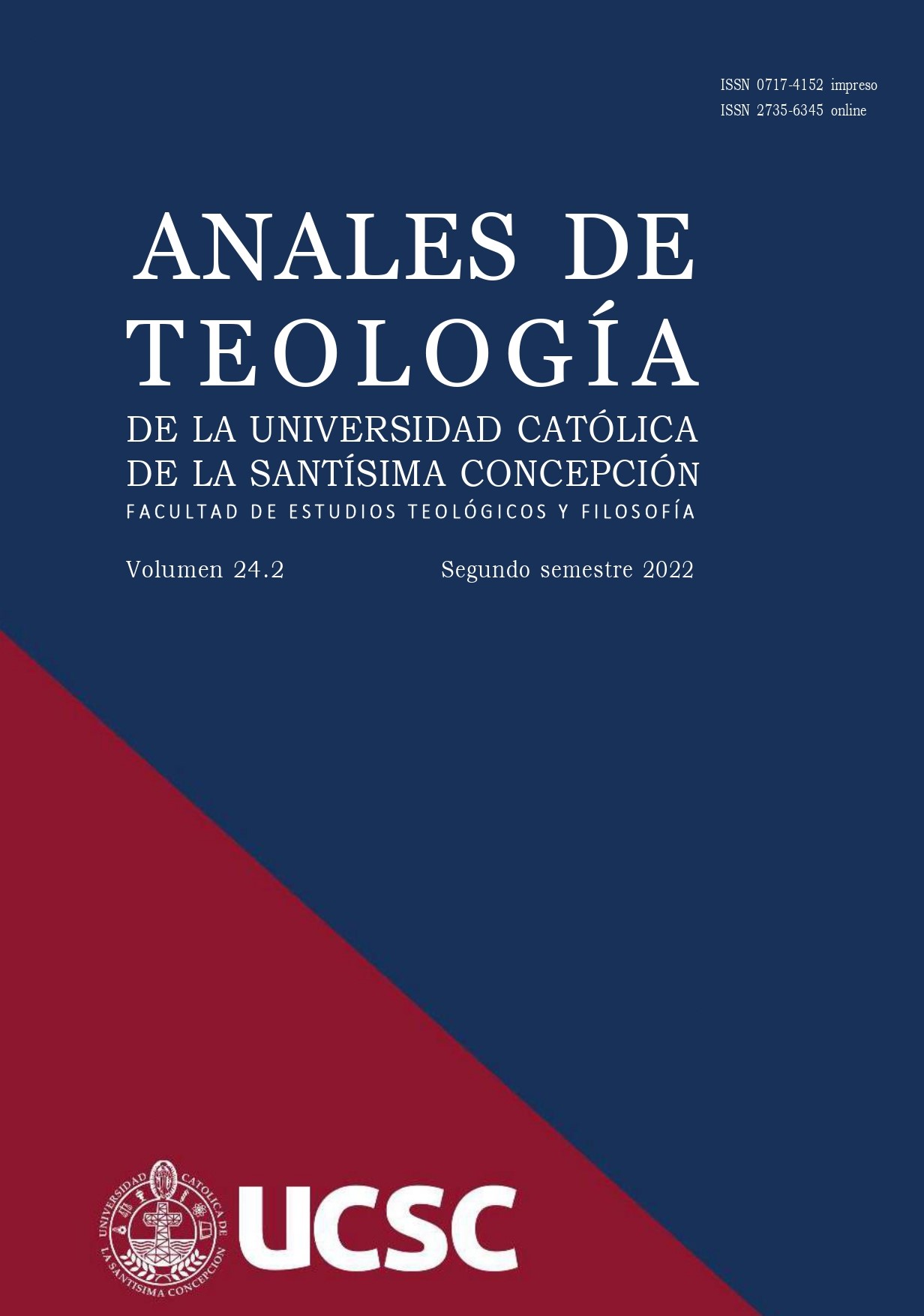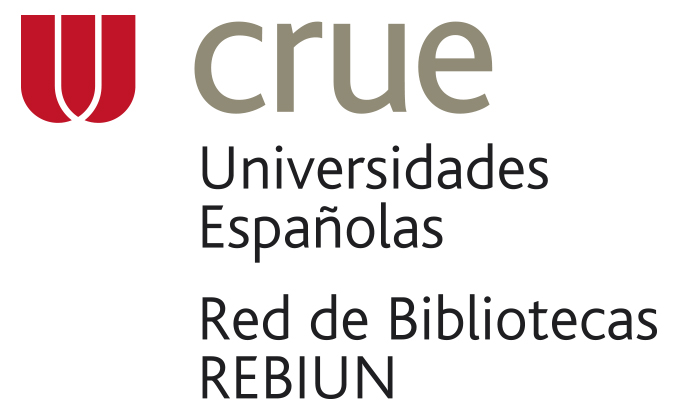ACCOMPANYING IN DISCERNMENT: COMPLEX SITUATIONS IN “AMORIS LAETITIA”
DOI:
https://doi.org/10.21703/2735-634520161821872Keywords:
Francis, Amoris laetitia, marriage, family, irregular situationsAbstract
moris laetitia’s 8th chapter is, perhaps, the most novel of this Post Synodal Aposto-lic Exhortation. At the same time, it is the most controversial section of this Document since its promulgation. This work states that, far from straying away from the traditional teaching of the Church on Marriage and the Family, this Pontifical Exhortation rests firmly on it, confirms it and applies it. When facing a line of pastoral policy and practice characterized mainly by objective morality, the Pope strongly reminds the Church’s traditional moral doctrine, admirably synthesized by Saint Thomas Aqui-nas, that draws the necessary distinction between the baptized’s objective behavior and their subjective guilt and imputability (cf. Catechism n.1735). Following what it has already been said in Evangelii Gaudium 44 and 47, Amoris Laetitia deepens the need of discernment of personal moral responsability and the mitigating factors that might be involved. The discernment must be guided by the integrative logic which is the key to pastoral care (AL 299).
Downloads
Downloads
Published
Issue
Section
License

This work is licensed under a Creative Commons Attribution-NonCommercial 4.0 International License.
The Anales de Teología is an open access journal and does not charge for publication. In addition, it regulates its Copyright and access policy according to the Creative Commons Attribution-NonCommercial 4.0 International Public License (CC BY-NC 4.0), therefore sharing (reproducing and distributing the material in any medium or format) and adaptation (modifying, transforming, and creating from the material) is allowed as long as proper credit is given and the citation is included with the corresponding data. Moreover, it is not allowed to use the material for commercial purposes.




















